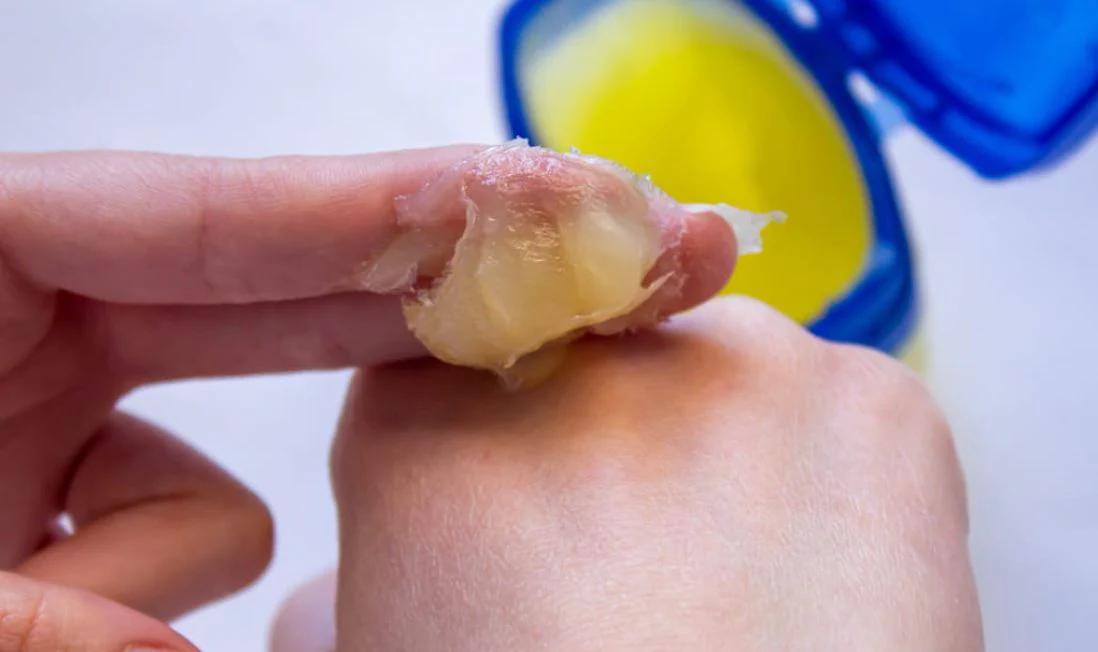Vitamin D and Aging: Why This Nutrient Is Key to Slowing Biological Aging and Preventing Chronic Disease
Discover how vitamin D slows biological aging, preserves telomere length, and reduces chronic disease risk. Learn who is at risk, how to safely boost levels, and why vitamin D matters

Vitamin D, often called the “sunshine vitamin,” is essential for much more than just bone health. Emerging research from large-scale U.S. studies, including the landmark VITAL trial, reveals vitamin D’s critical role in slowing biological aging, protecting cellular health, and reducing the risk of several chronic diseases — all factors that influence longevity.
Biological aging reflects the true condition of the body’s cells and tissues, measured by biomarkers such as DNA methylation and telomere length. Telomeres are protective caps at the ends of chromosomes that naturally shorten as we age. Shortened telomeres are linked to increased risk of chronic diseases like cardiovascular disease, diabetes, and certain cancers. The VITAL study was the first large-scale, long-term randomized trial to show that vitamin D supplementation helps protect telomeres and preserve their length, potentially slowing cellular aging.
Why Vitamin D Is Important
Vitamin D plays vital roles beyond calcium and phosphate regulation. It modulates the immune system, reduces inflammation, aids DNA repair, and influences cellular function. Its deficiency is associated with an increased risk of multiple chronic conditions, including:
- Type 2 Diabetes: Vitamin D helps regulate insulin secretion and sensitivity.
- Cardiovascular Disease: Low levels correlate with higher risks of hypertension and heart disease.
- Certain Cancers: Studies link deficiency to colorectal, breast, and prostate cancer risks.
- Autoimmune Diseases: Deficiency is common in conditions such as multiple sclerosis and rheumatoid arthritis.
Does Low Vitamin D Shorten Life Expectancy?
Research suggests that low vitamin D levels may indeed reduce life expectancy. A 2019 meta-analysis published in The BMJ reviewed data from over 77,000 participants and found that vitamin D deficiency was linked to a higher risk of all-cause mortality. Individuals with low vitamin D had a significantly increased risk of dying prematurely compared to those with sufficient levels. This aligns with vitamin D’s role in reducing chronic disease risk and slowing biological aging.
Who Is at Risk for Low Vitamin D?
Approximately 42% of Americans have insufficient vitamin D levels. Those most at risk include:
- Older adults (due to reduced skin synthesis)
- People living in northern latitudes or with limited sun exposure
- Individuals with darker skin pigmentation (more melanin reduces vitamin D production)
- People with obesity, where vitamin D can be stored in fat tissue and less available
- Those with medical conditions affecting absorption like Crohn’s disease or celiac disease
Can You Take Too Much Vitamin D?
Vitamin D toxicity, though rare, can occur with excessive supplementation. Too much vitamin D can lead to hypercalcemia, causing nausea, weakness, kidney damage, and heart issues. The safe upper limit for most adults is about 4,000 IU per day, but higher doses may be used short-term under medical supervision. Testing blood levels before supplementation is essential to avoid overdose.
How to Best Absorb Vitamin D
Vitamin D is fat-soluble, so taking supplements with meals containing healthy fats (avocado, nuts, olive oil) improves absorption. Moderate sun exposure remains the most natural way to boost levels, though duration varies by skin type, geography, and season.
How to Boost Your Vitamin D Levels
- Spend 10-30 minutes in midday sunlight several times a week without sunscreen (adjust based on skin sensitivity).
- Eat foods rich in vitamin D: fatty fish (salmon, mackerel), fortified dairy or plant milks, egg yolks, and UV-exposed mushrooms.
- Consider supplements, especially if you’re at risk for deficiency or have limited sun exposure. Always consult a healthcare professional for personalized dosage.
Dr. Emily Grant, endocrinologist, notes, “Vitamin D’s influence on telomere preservation and inflammation control places it as a cornerstone nutrient for healthy aging. But careful management is key to maximize benefits and avoid risks.”
Dr. Mark Hughes, an aging specialist, adds, “Routine vitamin D screening and supplementation should be part of adult preventive care to reduce age-related disease burden and support longevity.”
Some Thoughts
Vitamin D is more than just a vitamin — it’s a critical hormone-like nutrient that supports multiple body systems and cellular health. Its role in slowing biological aging and reducing chronic disease risk highlights why maintaining optimal vitamin D levels is vital for longevity and quality of life.
While vitamin D alone isn’t a magic bullet for aging, it’s an accessible, cost-effective tool in the fight against age-related decline. Balanced sun exposure, a nutrient-rich diet, and appropriate supplementation under medical guidance form the foundation of a vitamin D strategy that can help you age healthier and potentially live longer.
If you suspect you might be deficient or want to optimize your vitamin D status, speak with your healthcare provider about testing your 25-hydroxyvitamin D blood levels and crafting a personalized plan.








